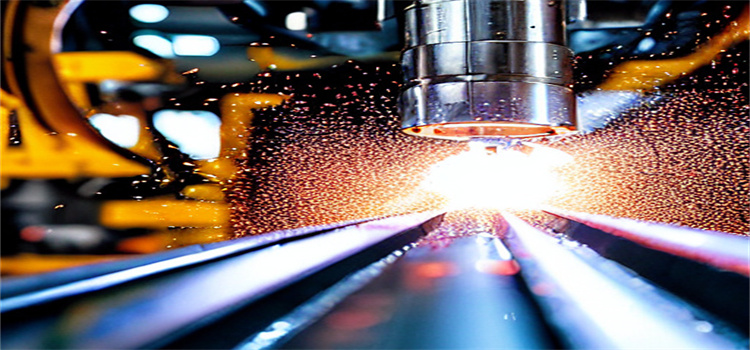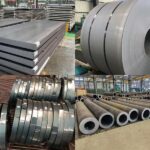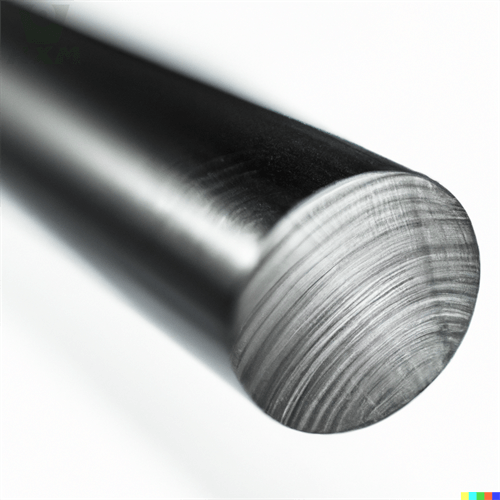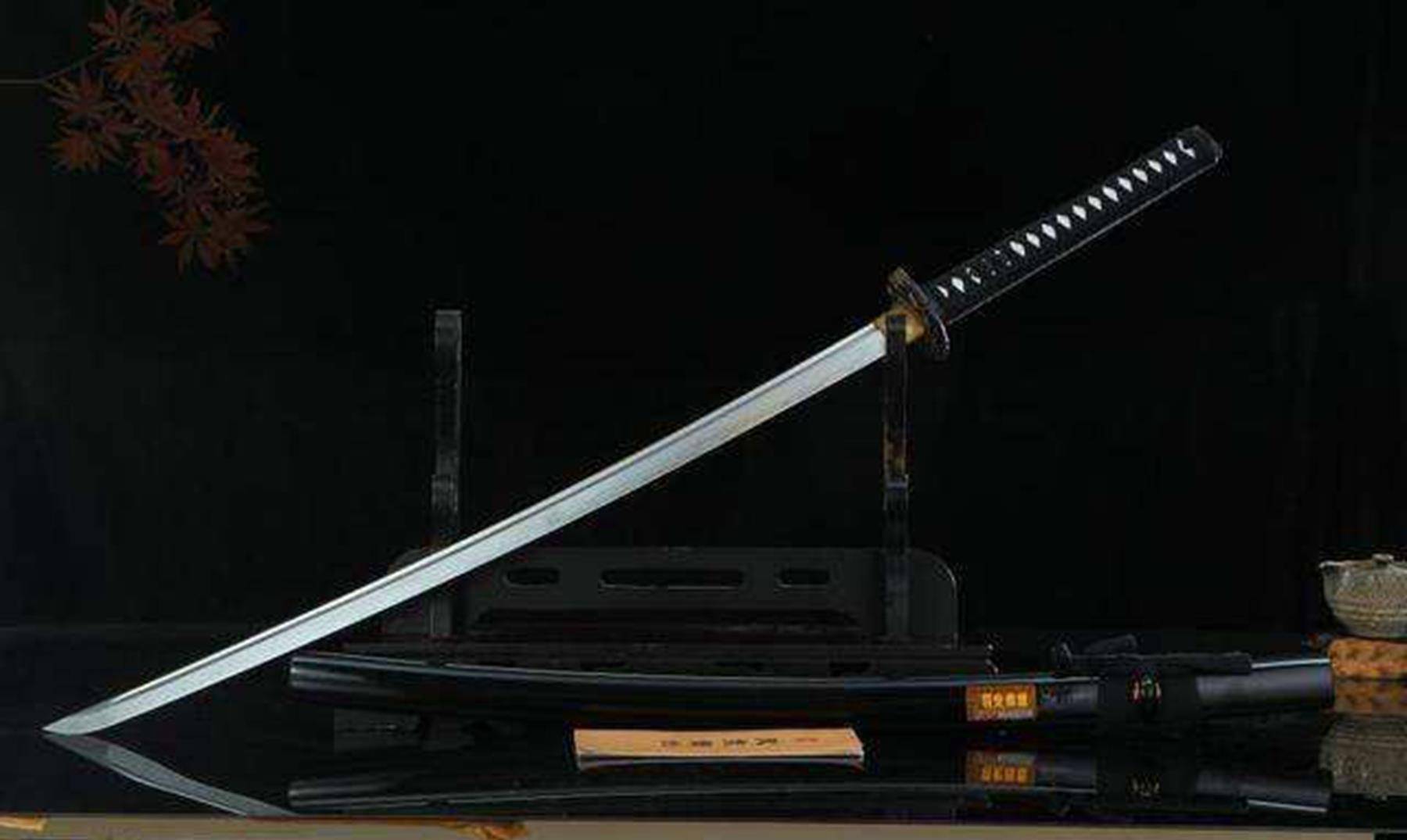Tool steel is a key material in the manufacturing industry and is widely used in the manufacture of various molds, cutting tools, and mechanical parts. Among the many types of tool steel, O1, and O2 are two materials that have attracted much attention. They are all high-carbon and high-chromium tool steels, but there are obvious differences between them. So, O1 tool steel vs O2 tool steel – what’s the difference? In this article, we’ll try to answer this question in detail.
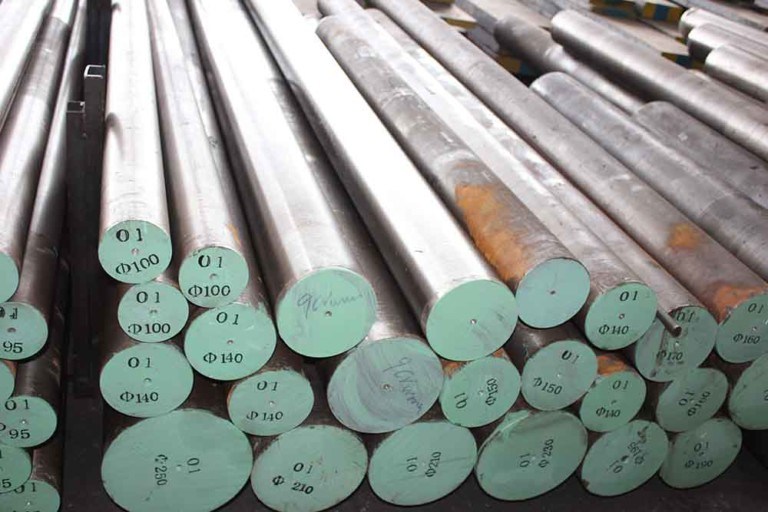
O1 Tool Steel vs O2 Tool Steel – What’s the Difference?
O1 Tool Steel vs O2 Tool Steel – 1. Difference in Composition:
O1 tool steel, a classic cold work die steel, mainly consists of elements such as carbon, chromium, tungsten, and molybdenum. The carbon content is relatively high, ranging from 0.85% to 1.0%, which endows O1 steel with high hardness and wear resistance. The addition of chromium improves the corrosion resistance and oxidation resistance of the steel. The addition of tungsten and molybdenum helps refine the grain size, enhancing the strength and toughness of the steel.
In contrast, the composition of O2 tool steel is slightly different. Its carbon content is slightly lower than that of O1 steel, but it contains more chromium, molybdenum, and vanadium. These elements allow O2 steel to maintain high hardness and wear resistance while exhibiting better anti-aging stability and high-temperature strength. Additionally, the addition of vanadium helps refine the grain size, enhancing the toughness and impact resistance of the steel.
O1 Tool Steel vs O2 Tool Steel – 2. Difference in Performance:
Due to different compositions, there are also obvious differences in performance between O1 and O2 tool steels. O1 steel has high hardness and wear resistance and is suitable for manufacturing molds and cutting tools that need to withstand greater pressure and wear. At the same time, its toughness and impact resistance are also good, and it can withstand certain impacts and vibrations.
O2 steel has better tempering resistance stability and high-temperature strength. In high-temperature environments, O2 steel can maintain high hardness and wear resistance, and is not prone to deformation and softening. This makes O2 steel more suitable for manufacturing molds and mechanical parts that need to withstand high temperatures and pressures. In addition, O2 steel has relatively good toughness and impact resistance, and can meet complex and demanding work requirements.
O1 Tool Steel vs O2 Tool Steel – 3. Difference in Application:
Due to the differences in performance, O1 and O2 tool steels also vary in their applications. O1 steel is widely used in the manufacture of cold-drawn molds, scissors, knife blades, and other tools and components that require high hardness and wear resistance. Its high hardness and wear resistance enable these tools and components to maintain sharpness and longevity.
On the other hand, O2 steel is more suitable for manufacturing hot-work molds, die-casting molds, hot-extrusion molds, and other molds and components that require high temperatures and pressures. Its high-temperature strength and anti-aging stability enable these molds and components to operate under high temperatures for extended periods without damage. Additionally, O2 steel can also be used to manufacture some mechanical parts and tools that require high toughness and impact resistance.
Conclusion
To sum up, there are obvious differences between O1 and O2 tool steels in terms of composition, performance, and applications. When choosing to use, you need to choose the appropriate material according to the specific working environment and requirements.
Thank you for reading our article and we hope it can help you to have a better understanding of the differences between O1 tool steel vs O2 tool steel. If you want to learn more about O1 tool steel and O2 tool steel, we would advise you to visit Huaxia Steel for more information.
As a leading supplier of tool steel from China, Huaxia Steel provides customers with high-quality tool steel, alloy steel, carbon steel, carbon steel tubes, and carbon steel pipes for global markets at a very competitive price.

